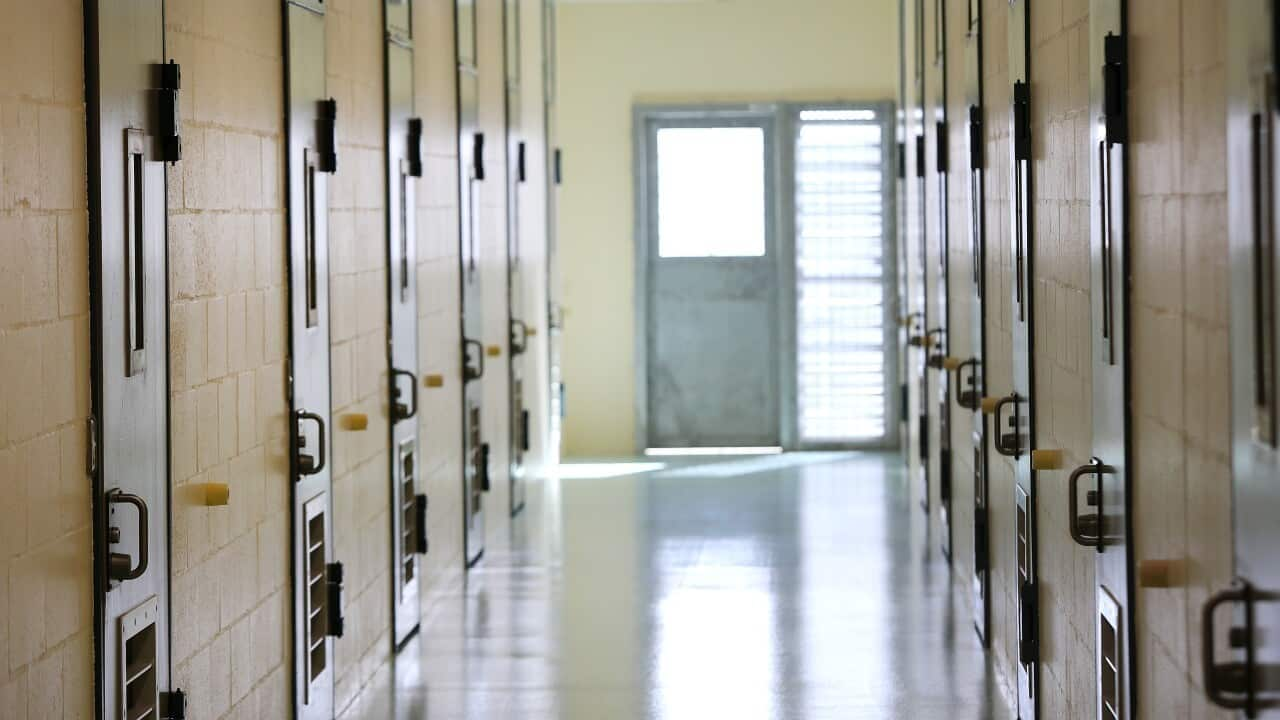NITV is hosting the biennial gathering of the World Indigenous Television Broadcasters Network (WITBN), currently in its eighth year.
Tanya Orman, the channel manager for Australia's National Indigenous Television, or NITV and chairwoman of WITBN, said on Monday at the opening of the forum that collaboration made everything possible for Indigenous broadcasters.
"When we first established as a collective, we started to exchange content, and then that started to go into exchanging news and, now, having international co-productions,” she said.
“I'm really excited about the possibilities. And what this conference next week is going to bring about is, I guess, the next phase of our network, of the World Indigenous Television Broadcasters Network.” Na'alehu Anthony, from the 'Oiwi Television Network in Hawaii says the network is an opportunity to learn from other Indigenous cultures.
Na'alehu Anthony, from the 'Oiwi Television Network in Hawaii says the network is an opportunity to learn from other Indigenous cultures.

The WITBN Conference opening kicked off with a smoking ceremony. Source: NITV News
"The showing of the continued commitment to Indigenous cultures' broadcasting efforts across the planet,” he said.
“So this has built out, what, just eight years ago, and what we have is this connection point to each other to not only share content but also share perspectives and technologies that allow us to hopefully move forward at the rate that technology and the media landscape is moving as well." Paora Maxwell, chief executive of Maori Television in New Zealand, says language preservation will be high on the agenda at the conference.
Paora Maxwell, chief executive of Maori Television in New Zealand, says language preservation will be high on the agenda at the conference.

Delegates from Maori TV sang to the crowd during the opening. "What is the most important thing in the world? It is people," they chanted. Source: NITV News
"What we know from research that we've done is that we're very effective at bringing Maori language and culture to our audiences,” he said.
“We know this because we're halfway through a commissioned report on the effectiveness of Maori television, in terms of people's uptake of Maori language and culture. So we know that, on the engagement front, we're doing very well. And we've got both quantitative and qualitative evidence, if you like, of that."
Na'alehu Anthony from the 'Oiwi Television Network in Hawaii agrees because, he says, television is one of the best tools to revitalise language for the larger community.
"Hawaiian language was at the brink of being in a place where it would not survive another generation but for the work of those who came forward to build out the revitalisation movement about 30 years ago,” he said.
"So what we're doing with broadcast initiatives is to help that already kind of longstanding initiative, this generation-long initiative, to be able to provide content and other types of pieces of media that help to bolster that movement." Image
Paora Maxwell from Maori Television points out New Zealand only has one Indigenous language and that’s an advantage regarding broadcasting logistics.
"Unlike Australia, where there are many languages and dialects, really, in New Zealand, we only have one Maori dialect. That's probably due to our more recent settlement of New Zealand, going back probably a thousand years, and also our geography - we're not as widespread as your country [Australia].”
NITV's Tanya Orman says her network faces different challenges.
"Not only are we needing to make it relevant to the 300-odd different (Indigenous) nations within our country, it's also the practicality," she said.
“It's challenging for NITV to have language programs when bilingual education's not even supported in our schooling system. And the language challenges outside of broadcasting for us as First Nations people in general in Australia are being acknowledged as First Nations people." Image









